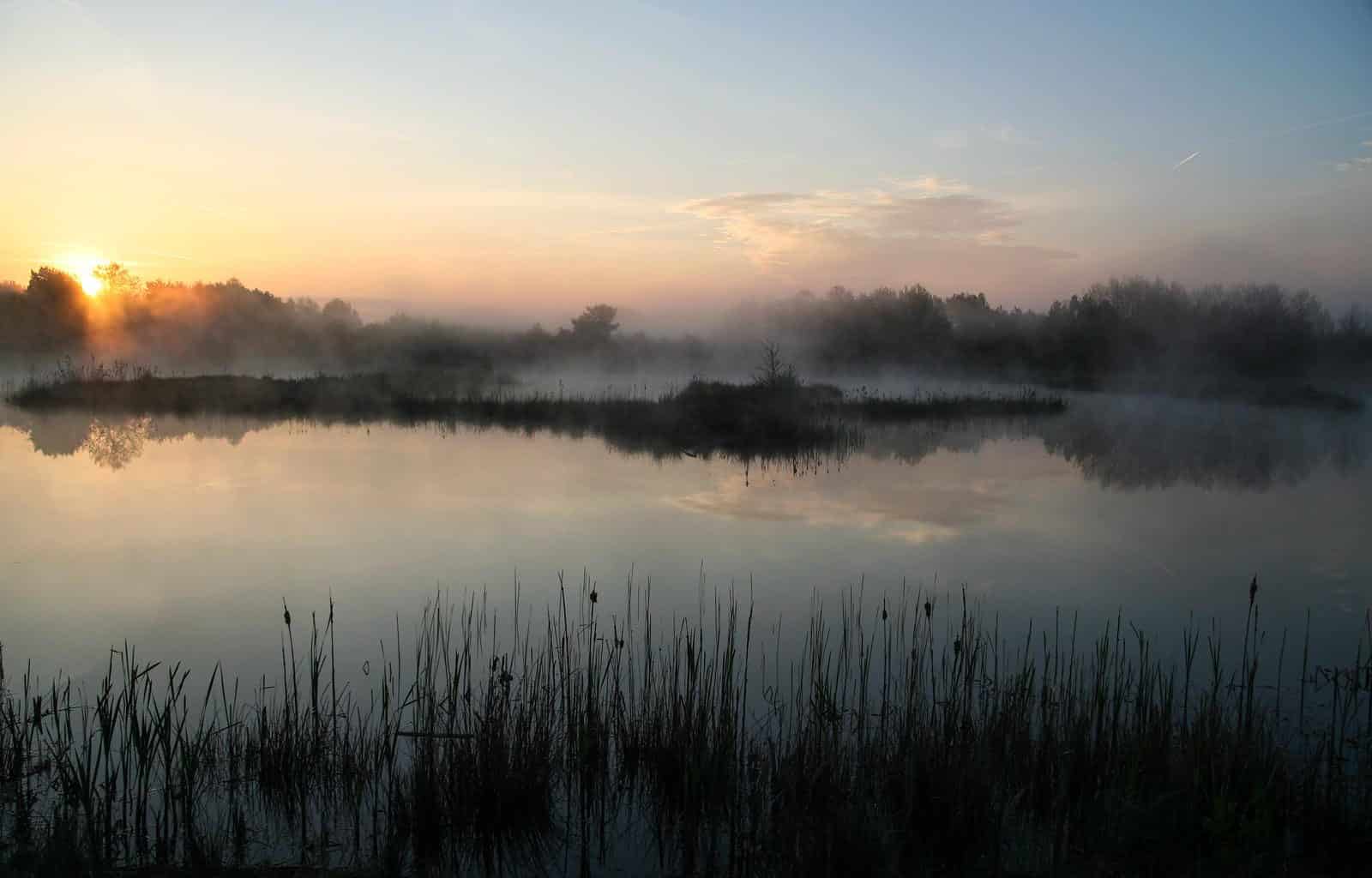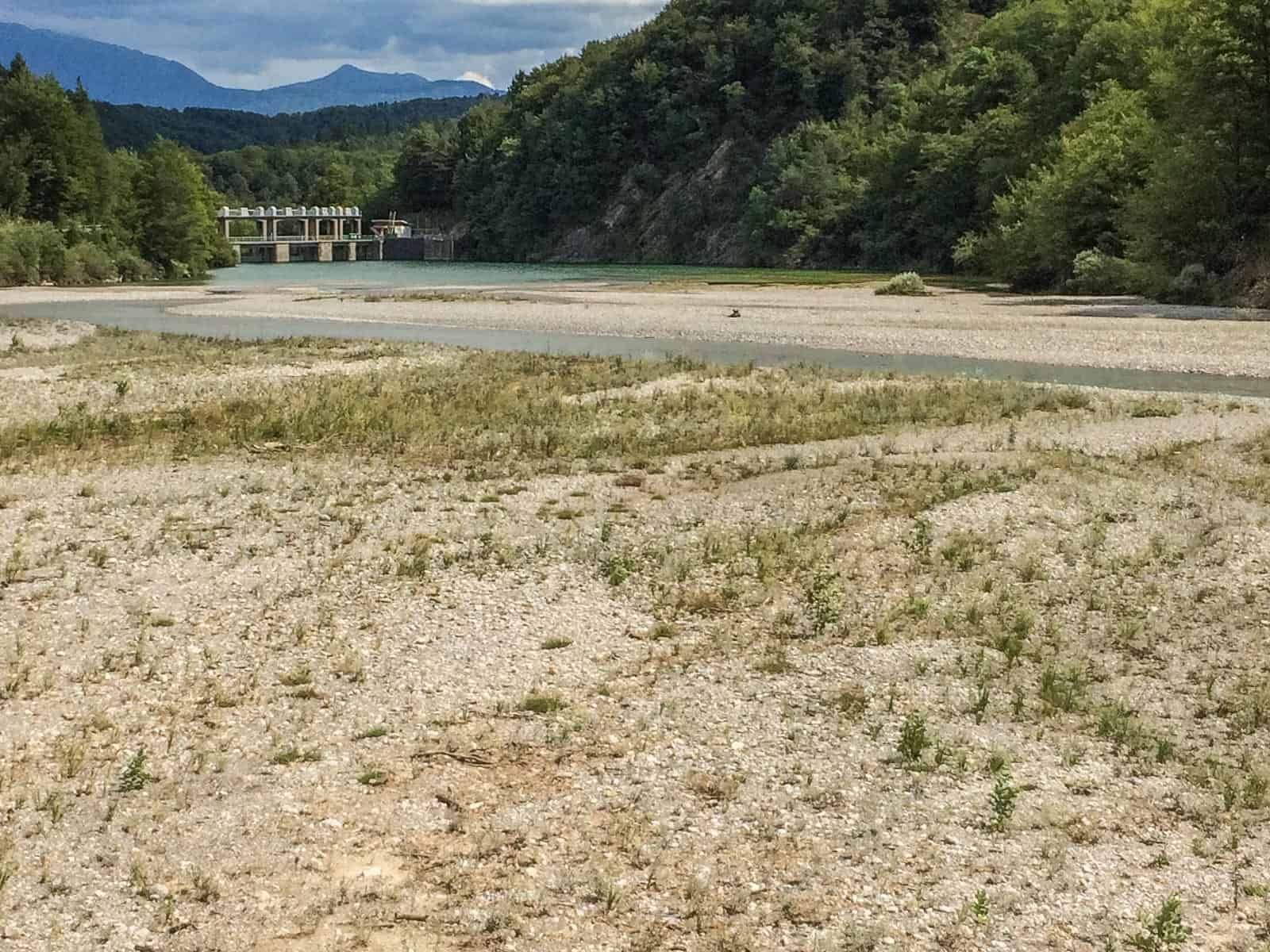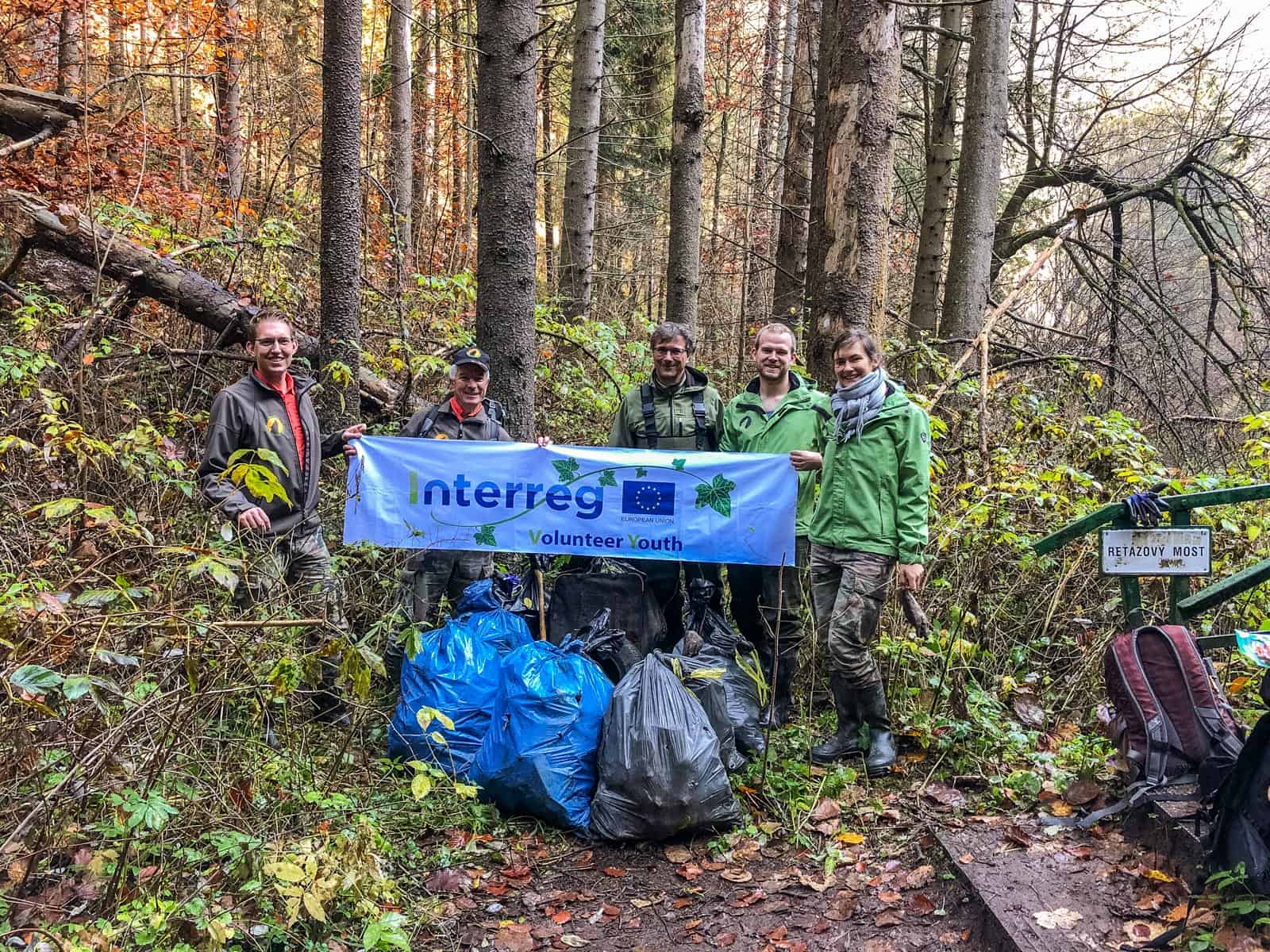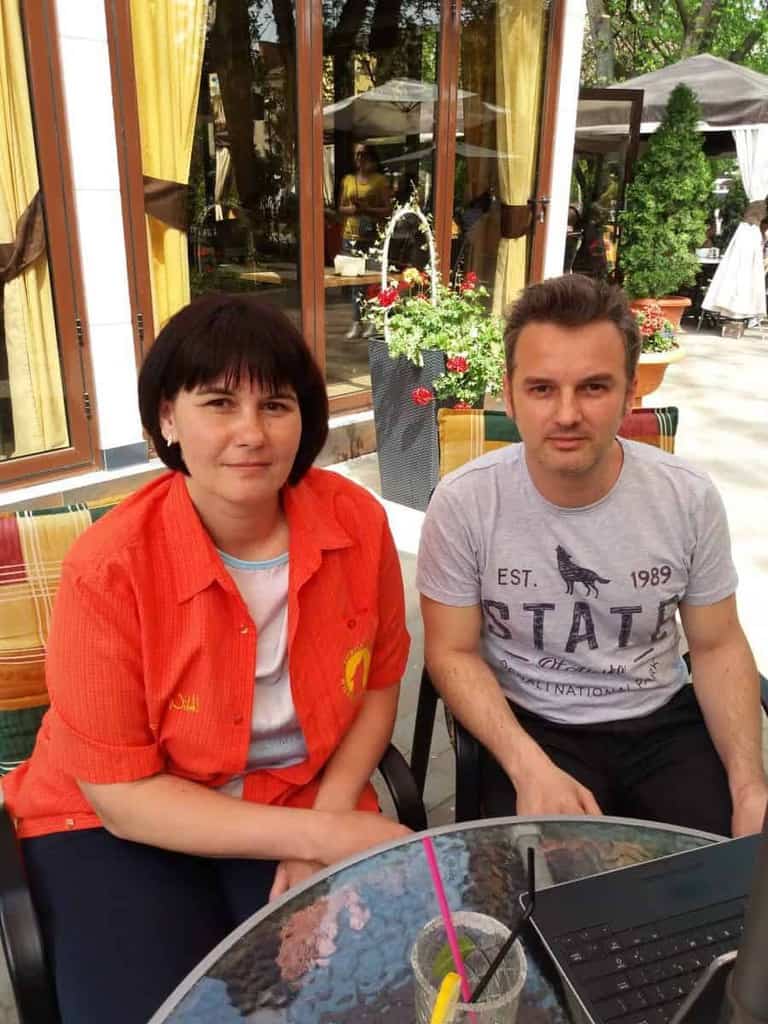Water empowers Wilderness
Water is essential for life! Water is essential to wildlife and Wilderness!
Please also read: How we lose our last wild rivers
Water fills our wetlands, which includes lakes and rivers, swamps and marshes, wet grasslands and peatlands, oases, estuaries, deltas and tidal flats, near-shore marine areas, mangroves and coral reefs, and human-made sites such as fish ponds, rice paddies, reservoirs, and salt pans. 22 March is designated as World Water Day by the UN.
Freshwater ecosystems in Europe are rich in biodiversity and provide essential ecosystem goods and services to humans.
Around 250 species of macrophytes and 250 species of fish inhabit European inland surface waters, and a significant number of birds and mammals depend on freshwater wetlands for breeding or feeding. River ecosystems are among the most species-rich in temperate regions due to to their naturally high habitat heterogeneity and connectivity. Wetlands are some of the planet’s most productive ecosystems. They provide spawning grounds for fish as well as feeding and breeding areas for many migratory birds.
Lakes, reservoirs, and other wetlands have an important function for river ecosystems by influencing water quality and quantity within the catchment area (EEA, 2009a). Rivers themselves transport water and sediments downstream, thus preventing flooding of adjacent settlements and infrastructure within their natural river beds, and providing the structural, and nutrition background for downstream freshwater habitats. Thus, freshwater ecosystems provide many important goods and services including the provision of food, clean water, building materials, and flood and erosion control (IUCN, 2008).
Wilderness areas linked to water related habitats are the rarest in Europe. The human need for water and its various services including energy (which is the main theme of World Water Day in 2014) led to modifying 99% of our wetlands. Therefore our Society calls the attention of decision makers to the restoration of wetland Wilderness as the best method of reducing flood risk across our continent

says Zoltan Kun, chairman of the European Wilderness Society.
Information gathered as part of the reporting obligations under the EU Habitats Directive shows, that the conservation status of the wetland habitats types of European interest is unfavourable in 77% of the cases. The conservation status of rivers and lakes habitat types is unfavourable in 64% of the cases.
The conservation status of species of European interest related to wetlands as well as the conservation status related to rivers and lakes is unfavourable more than 60% of the cases.
We are glad that Prespa National Park represents the freshwater habitats in our European Wilderness Network, which proves that Wilderness management is possible not only in high mountains.







